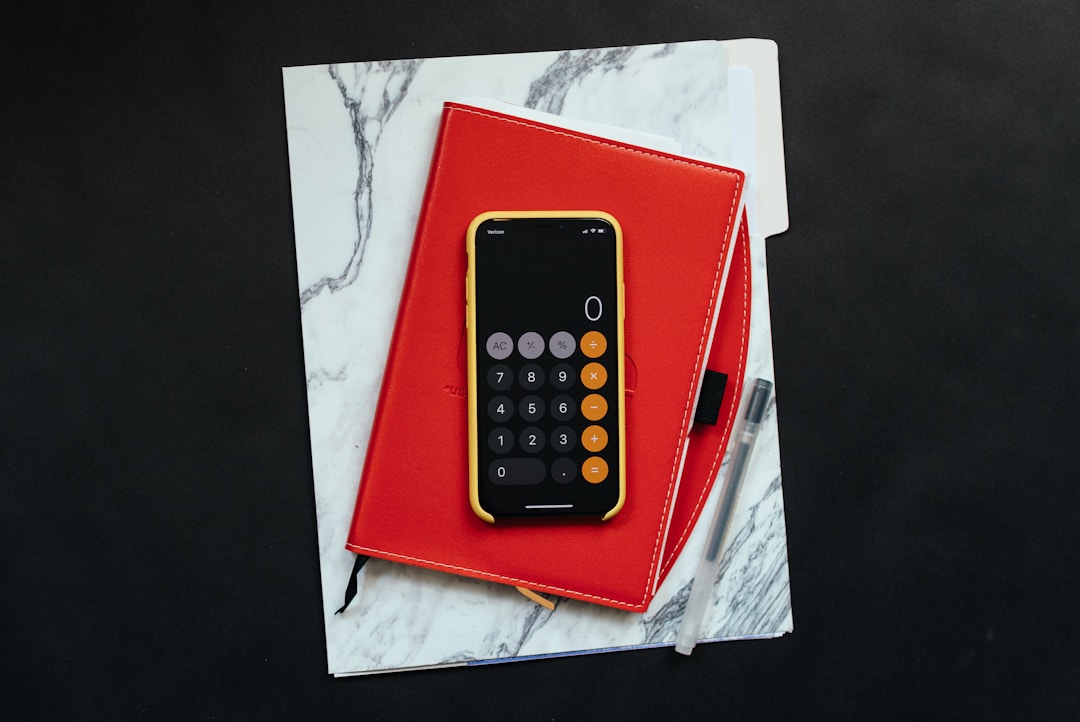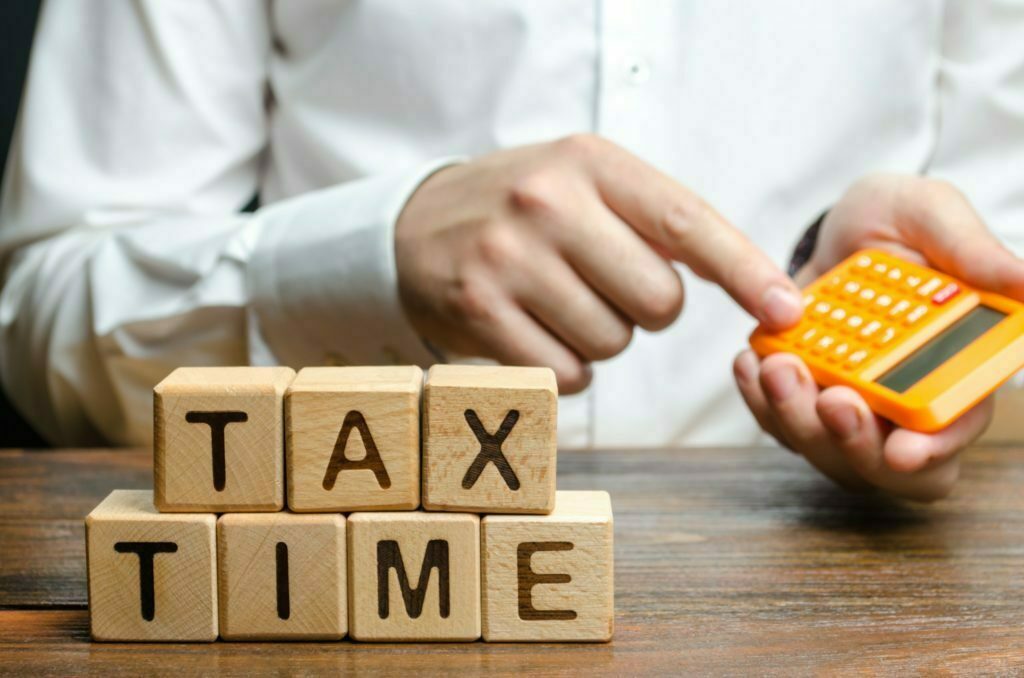Tax season starts early in the new year. Individuals and sole proprietors have a set schedule for filing taxes. Corporations follow a different tax schedule and may file different taxes throughout the year.
Americans first paid income taxes in 1861 to finance the Civil War. Since then, tax laws have changed, making it more complex for some to file taxes. Fortunately, simple strategies make it easier to prepare and file your taxes. Read on for some tips for getting ready for tax season.
Buy essential supplies and keep tax documents together.

You’ll need your tax forms and receipts from valid deductions to file your taxes. The best way to ensure you have what you need involves consistent storage for tax documents. Consequently, it’s a good idea to invest in tax supplies, such as tax return folders and tax envelopes. Tax folders have pockets you can use to hold documents, such as your W-2s and receipts for deductible expenses. Sole proprietors and business owners can have their business names printed on the folder. You can also use the business card slits to hold your accountant’s business card, ensuring you have their information handy.
You can opt to purchase tax folders and envelopes compatible with popular tax software programs. With these tax folders and tax envelopes, you can print a cover sheet that fits inside the folder or envelope and displays addresses in the window pockets. You won’t have to write out addresses by hand when you mail your taxes or adjust the layout to get your addresses to fit in the display windows. Additionally, business owners can use tax folders to separate employees’ tax documents or other crucial information. Large companies may have multiple deductions and use folders to store receipts, income statements, and Internal Revenue Service (IRS) documents. You may also use different folders to separate paperwork for your federal and state tax returns.
Familiarize yourself with valid tax deductions.
Deductions are expenses the government doesn’t tax and claiming valid deductions reduces your taxable income. Tax laws change over time, making it challenging to keep track of valid deductions. Individuals can refer to the IRS website to familiarize themselves with valid deductions they can claim. Examples of valid deductions include charitable contributions, property taxes, and tuition fees.
Sole proprietors may have valid business expenses they can deduct from their income, including the cost of maintaining a home office and equipment costs. Business owners can deduct staff salaries, the costs of materials and equipment, and other taxes. The IRS website outlines valid deductions in detail, ensuring people filing individual, sole proprietor, and business taxes can claim all valid deductions.
Hire a tax accountant.

Certified Public Accountants (CPA) spend four years earning a bachelor’s degree before taking the American Institute of Certified Public Accountants (AICPA) exam and earning their CPA license. These professionals spend their careers reviewing financial documents, preparing various tax returns, and paying those taxes. Accountants may calculate payroll taxes, state taxes, federal taxes, and local taxes as part of their regular duties.
Accountants are familiar with tax laws and filing procedures, enabling them to find and claim valid deductions. Businesses may have accountants on staff who handle their taxes, while individuals and sole proprietors may hire a tax accountant who prepares their taxes annually.
Those who opt to prepare and file their taxes should use one of the best tax software programs on the market. Costs vary based on your needs. You may use free tax software online, but these programs are best for individuals without extensive deductions. When filing, sole proprietors should invest in tax software to claim all legitimate expenses.
Preparing for tax season starts with acquiring the resources you need, such as tax folders and tax envelopes. Familiarizing yourself with tax regulations and valid deductions ensures you save appropriate receipts throughout the year. You should also hire a tax accountant or purchase tax software.




